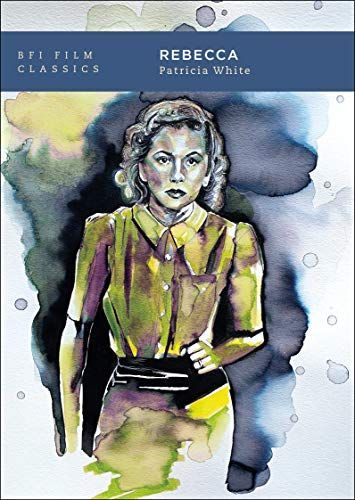
Rebecca
Alfred Hitchcock's film adaptation of Daphne du Maurier's gothic romance 'Rebecca' opens, like the novel, with the famous line 'Last night I dreamt I went to Manderley again'. Patricia White takes the theme of return as her starting point for her exploration of the film's production and reception history, drawing on original archival research to uncover how 'Rebecca' became the first fruit of the collaboration between the Hollywood movie producer David O. Selznick and the British director Alfred Hitchcock, while stressing the centrality of women to the production - not only the stars Joan Fontaine as the anonymous second Mrs de Winter, and the brooding figure of Mrs. Danvers, played by Judith Anderson, but agent Kay Brown who brought du Maurier's novel to Selznick; Joan Harrison, who shared a screenwriting credit for the movie, and of course, the author herself. White goes on to provide a rich textual analysis of the film, addressing the film and the novel's status as gothic romances, in which the gap between perception and reality is constantly in play, and highlighting the queer erotics of the relationship between the heroine, Mrs. Danvers, and the dead but ever-present Rebecca. Her discussion of the film's afterlives in both Classical Hollywood and contemporary cinema, from Citizen Kane (1941) to Carol (2015) emphasises the lasting aesthetic and narrative impact of Hitchcock's dark masterpiece of memory and desire.